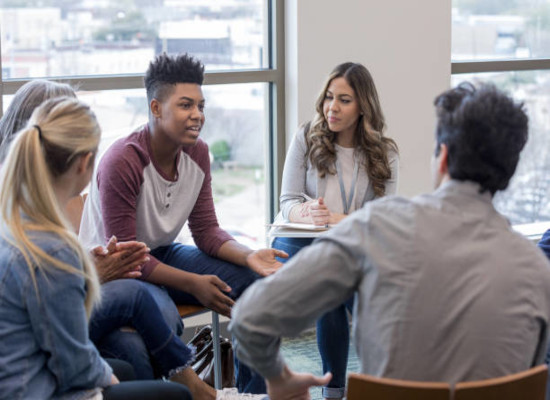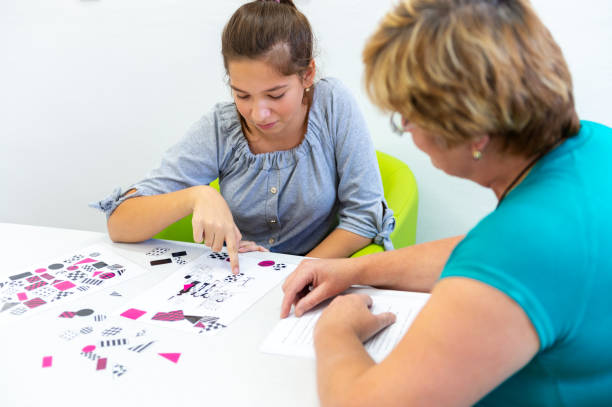You are welcome to
Compassionate Care Services
Our support plan is based on a robust assessment of each young person’s needs. The assessment process is person centred ensuring that each young person’s emotional, physical, social, and practical needs are identified and met.

Additional Needs
For young people that require additional support, we also offer additional tailored support which enhances the basic support already offered in the basic package.
This may be in relation to issues around substance misuse, Sexual exploitation, self-harming, offending behaviour, and emotional support needs. Prices are negotiated according to the needs of the young person and the support needed such as additional staff input to keep them and other residents safe.
Staying Healthy
Each young person is registered with a GP, dentist, and optician within the first week of placement. Staff use a range of strategies to encourage and ensure young people attend regular routine health checks and complete their annual health assessment.
Staff educate young people about sexual health, sexual relationships, the prevention of sexually transmitted infections and unplanned pregnancy.
Staff identify and respond to early indicators of mental health issues such as self-neglect, self-harm, and depression.
Staff will provide information about the risks of smoking, alcohol, and substance misuse. Staff are competent and skilled to look for early signs of substance abuse, misuse and addiction and take timely and appropriate actions to address these.
Staff assist young people to understand the importance of healthy eating, observing special dietary needs and the dangers of eating disorders.


Enjoy and Achieve (Education, Training and Employment)
Every effort will be made to ensure that each young person is in education, training, or employment within 6 weeks of the start of the placement.
Where English is not a young person’s first language, assistance is provided to access English for Speakers of Other Languages (ESOL) classes locally.
Staff encourage and support young people to engage in activities that help them to get work experience, learn work routines, apprenticeship and build up a Curriculum Vitae (CV) for later in life.
Achieving Economic Wellbeing
Staff ensure that each young person has access to appropriate and reasonable resources to enable them to participate effectively in economic life. (i.e. transport/bus pass, weekly allowance and welfare benefits).
Staff encourage young people to manage their own finances through help with budgeting, saving, and banking.


Staying Safe
Staff take reasonable steps to ensure that young people who enter any employment, trainingor work experience do so in a safe and legal environment.
Staff regularly encourage young people through key working sessions to understand their rights and responsibilities and how to raise concerns and complaints as well as how to access independent advocacy.
Staff follow the local Safeguarding Children Board and local authority’s multi- agency protocols for young people who go missing from care.
Behaviour management plans and risk management strategies are in place for each young person.
The director, in partnership with the placing authority do all they can to promote stability within the placement and avoid emergency placement breakdowns.
Staffs are proactive in requesting/convening stability meetings where required, to minimise the risk of irretrievable breakdown and disruption to continually care for young people.
Contributing Positively


Floating support (5 hrs per week package)
We support young people aged between 18+ with the independent living skills needed to sustain a tenancy successfully and by encouraging them to focus on their strengths and build positive support networks to achieve their aspirations, whether that is returning to education, finding meaningful work, or making new friendships. it’s 3 days a week, floating support service with no staffing overnight.
Mental wellbeing doesn’t have one set meaning. We might use it to talk about how we feel, how well we’re coping with daily life or what feels possible now.2Good mental wellbeing doesn’t mean you’re always happy or unaffected by your experiences. But poor mental wellbeing can make it more difficult to cope with daily life.It’s not always easy to start with caring for your wellbeing. You might find it helpful to: Only try what feels comfortable, give yourself time to figure out what works for you, going at your own pace, take small steps.
Pick one or two things that feel achievable at first, before moving on to try other ideas.
Key areas of mental wellbeing support service we offer are: Mental wellbeing, anxiety, stress, depression, Panic attack, anger, Loneliness, suicidal feeling etc
Short breaks /Respites
Everyone needs a bit of ‘me time’ occasionally. But for someone with a learning disability for instance, planning a break is rarely as simple as checking availability at the hotels in the area you want to stay in, and then simply setting off on your travels.7 And for families who are looking for respite care, finding somewhere with Staff that have the specialist skills required to cater for the individual needs of their loved one can often be easier said than done.
That’s why CCS has set up specific respite services in some of our service locations.
But even in those locations where this hasn’t yet been possible, we can also normally accommodate ‘short breaks.
This might mean a person with a learning disability being supported to stay at one of our local services for the weekend on a mini-break, or that we provide domiciliary care for a person in their home while the parents or family carers take a short break themselves. We can also support people to go on a longer holiday.Such short breaks work well for all involved, giving people the opportunity to make friends, try new activities or learn new skills. We work with other local organisations to try and offer as many different opportunities as possible, tailoring what’s on offer to what people want to do.But the whole point of taking a break is to enjoy yourself, so while activities might include cooking, swimming, learning a musical instrument or playing on a games console, if people
would prefer to spend some time relaxing in front of the TV, watching a movie, or to pop out for a drink – that’s exactly what we’ll support them to do!


Contact Compassionate Care services now and let us know what you need
we pride ourselves on our flexibility, so we can normally find a way to accommodate you and your relative.
Short Breaks are meant relieve the strain on families and reduce stress on parents, whilst giving a child or young person an opportunity to explore new interests and develop independence. These short activity-based trips are designed in consultation with families and enable the young person to enjoy new experiences, meet new people as well as make friends.
Our support workers take the young persons out into a community setting, such as to the cinema, bowling or to the local swimming pool. This enables them to have a positive experience whilst giving their families a break from their caring responsibilities. Alternatively, a support worker can care for the young adult in their own home while the rest of the family go out or accompany a family on an outing supporting all members of the family to have an enjoyable shared experience